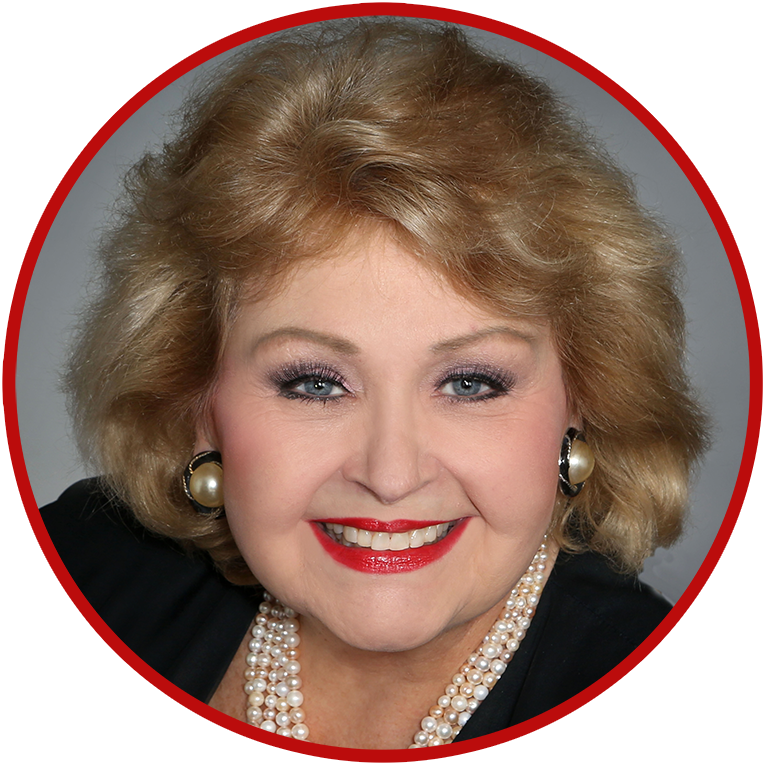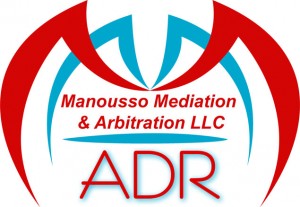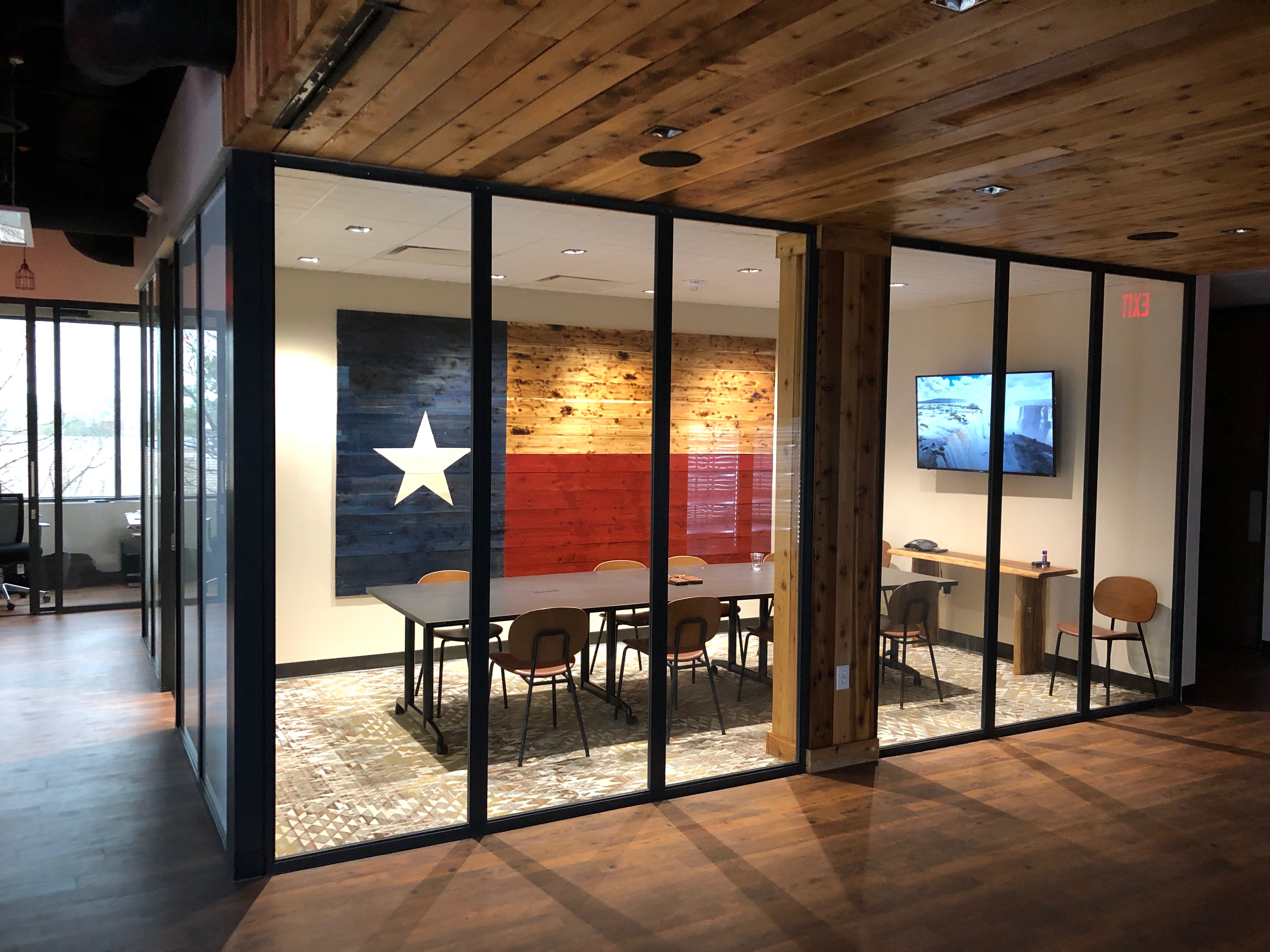
Elder and Adult Care Mediation: The New Horizon in Family Practice
By Barbara Sunderland Manousso, Ph.D., M.P.H., NCG, TCG
With the population aging at an unprecedented rate, families are more frequently encountering strained situations about how to best care for a loved one who no longer is able to drive, live alone, requires assistance with daily living, or requires a new level of medical care. Even in the best of families, communication can shut down or never open up to quality decision making.
“My brother has been handling mom’s money the past two years, but my sisters and I think that he is using mom’s money for his benefit. How do we find out? Can you help us?”
“My father is 92 and still wants to drive. He can hardly see over the wheel. Every time my siblings and I bring up the matter, dad screams that it is none of our business. However, it will be our business if he gets killed or he kills someone else with his car. What can we do?”
“My mom needs assisted living, but won’t leave her house. How can we convince her?”
“My parent is in a nursing home and isn’t getting medications on time and has developed new health issues. The administrator told me that I’m crazy. I want to sue them. Can you help?”
These are typical calls to my elder care mediation practice. These family dramas need immediate resolution, not a lawsuit that could possibly take years. Mediation is an opportunity to provide families guidance and timely assistance in having a quality conversation that can address, negotiate, and resolve issues related to aging and family communication.
What is Mediation?
Mediation has been recognized in Texas and nationally for over twenty years. In the past few years, most cases that go to family and probate courts are requested by the judge to be mediated first. Mediation is an informal, confidential process held in a private setting in which a neutral third party, a mediator, helps people to better understand their individual interests and needs. An experienced, certified mediator can empower families to recognize and implement workable solutions to their problem(s).
Mediation is different than other alternative dispute resolution processes in the following ways. The basic idea behind mediation is that a dispute is resolved through an agreement among the parties, instead of a resolution mandated by a judge or negotiated by attorneys. First of all, the parties establish their own outcome, so the result fits their cultural expectations, needs, and family nuances. It provides an opportunity for a win-win outcome: There doesn’t need to be a winner and a loser. Negotiation involves a third party that physically separates the contending parties and shuttles ideas between them. Arbitration uses one or more third party neutrals that hear the facts and make a decision on how to resolve the conflict for the parties, like a judge might. Litigation is far more expensive and time consuming than mediation and involves a judge who makes the final decisions for the parties with the aid of attorneys representing the involved parties.
In mediation, whether it is voluntary or court ordered, the parties might, or might not, be represented by attorneys. Usually, parties attend mediation without an attorney, if they even have hired an attorney. Then, if an attorney attends the mediation, their role is of advisor, not as a direct participant to the conversation. Mediation is a process for the parties to talk to each other and to make decisions that will work for them. The mediation is confidential in either case and the mediator does not impose or make decisions for the parties or offer legal advice. Using mediation as a means of discovery is forbidden.
The mediation process has several advantages. A main advantage is that the parties retain control over the decision(s) they choose to agree to in writing. Also, results are generally win-win because outcomes fit the needs and interests of the opposing individuals or family. Because the outcomes also reflect the party’s choices and priorities, in turn, there is a higher level of compliance with the written agreement than with court judgments.
Why is Elder Care Mediation Different from Other Family Mediations?
First of all, in elder care mediation, the issue involves the care, safety, and comfort of someone over 50, although usually much older. End of life issues are not hidden. There have been cases that the “senior” was under 50 years old, but impaired by a stroke, heart problems, or early dementia.
Second, the case usually is initiated by the children of the senior. The scenario is that the kids see a downward spiral in their family’s communication, or new communication skills need to be established. End of life decisions are unchartered territory for most families.
Third, the mediation might not take place in a business office. It is not uncommon for elder care mediators to convene the mediation in a long term care facility or the family living room. Some elder care mediations are held at the family dinner table with favorite foods on hand. Sometimes the elder might be in bed clothes.
Fourth, flexibility is a key to a successful mediation. The children might be in different parts of the country, so video cams, conference calls, and email might be tools for communication during the mediation. Mediations can also be held in the evening and on weekends to accommodate family schedules and to lessen the burden on parties.
And, fifth, but my no means conclusive, elder care mediation’s goal in finding resolution embraces strengthening family communication, not pitting one family member against the other.
Since elder care mediation involves working through the established patterns and dynamics of a family, the mediator eases communication among family members for whom the elder-care dispute may reopen decades of old wounds and, often, dysfunctional communication. All family members have roles, postures, and personal issues that have developed over lifetimes. A qualified mediator helps to bring out the best in everyone. Sometimes an apology may be all that is needed for resolution. Forgiveness, complemented with new ways of listening and understanding, may be the fruits of the mediation.
In elder care mediation, the elder is strongly encouraged to participate. Their opinions, needs, and interests are heard directly. The children don’t talk about their parent; they learn to communicate with their parent.
Pre-conferences for guardianship are also included under elder and adult mediation. Mediation allows a ward or potential ward to possibly participate in arrangements that allows for maximizing independence or as an alternative to guardianship.
The cost of mediation over litigation is also convenient in dollars, as well as in time. Mediations can be scheduled within in hours or days. Court cases take weeks, months, or, unfortunately, sometimes years. Sometimes, the elder person doesn’t have time on their side, so the immediate implementation of mediation is important.
Every mediator has their own price structure, but, on average, the cost is between $300 to $500 dollars per hour. Manousso Mediation in Houston, Texas, charges $300 per hour, which is divided by all the parties, although very often, the parent pays the hourly fee for the family. There is also a pre-conference meeting on the process, billed at $150 per hour. Many elder care mediations are multi-party and require facilitation and negotiation before the actual mediation. A spouse, children’s spouses, grandchildren, neighbors, friends, care givers, physicians, nursing home administrators, and tax consultants might also be in attendance or need to be included somewhere in the process. In general, the cost would be a fraction of a legal battle tied up in litigation. Costs are usually under $2,000. Some employee assistance programs (EAP) share or cover the costs.
Finding a Mediator
Since elder care mediation is relatively new as a genre, there is a small national pool of qualified mediators well versed in aging issues, but the field is growing steadily. Family mediators generally have been those who have been working with Children’s Protective Services and handling divorces. However, adult and elder care mediation needs a different orientation with depth and scope into family issues with community senior resources.
An elder care mediator should have completed the state’s 40 hours certification course in basic mediation, a 24 hours course in family mediation, and a 24 hours course in elder care mediation. In addition to this core training, the mediator should have practice hours in mediation, in general, and involvement in professional organizations with advanced mediation training in guardianship and elder issues. Some Texas courts, since 2007, will only appoint elder and adult mediators who are Nationally Registered Guardians. Pursuant to Texas Government Code sections 111.002 and 111.042c, the Court adopted the rules governing the certification of guardians. Even if the mediator does not act as a guardian, through the certification process, the court is assured that the mediator is familiar with aging and guardianship issues.
Unfortunately, anyone can hang out a shingle and hold themselves out as a mediator, since there is no formal licensing. A lawyer is not automatically a mediator. Mediation is a profession in its own right, so a lawyer would need certification and mediation training in addition to law school, unless the certification hours were earned in the course of their legal studies. Therefore, as a precaution, a mediator should be selected from a rooster that only uses well trained and professional mediators. Ask questions. Review resumes.
In Texas and recognized nationally, Manousso Mediation provides training courses in elder care mediation and basic and family mediation certification. Barbara Sunderland Manousso is a popular speaker and international lecturer on Elder Care Mediation: The New Horizon in Family Practice.
Manousso Mediation training and workshops meet the requirements for continuing education for lawyers, psychologists, social workers, nurses, hospice workers, and other professionals. Elder care mediation training could also provide paralegals with valuable insight and resources to complement their profession. For more information on classes and certification, click here.
Barbara Sunderland Manousso is the past-president of the Association of Conflict Resolution Houston chapter. She has been actively involved in elder care as a popular speaker at the international Association of Conflict Resolution. In practice since 1993, Manousso serves on a variety of federal, national, and local mediation panels and numerous community boards. In 2008, Texas Governor Rick Perry appointed her to the statewide Nursing Facility Administrative Advisory Committee for a term until 2013. She has accrued over 2,000 hours in advanced mediation and alternative dispute resolution training and practice. She is a member of the Texas Bar Association – ADR Section, Texas Association of Mediators, New England Chapter for the Association of Conflict Resolution, the Labor Employment Relations Association, and a director of the Judge Evans Center for Mediation at South Texas College of Law. She is a National Registered Guardian. Her degrees include a baccalaureate from Brown University in Rhode Island, Master of Public Health, from the University of Texas School of Public Health in Houston, and doctoral studies at Nova Southeastern University in Florida, in Conflict Analysis and Resolution with concentration in eldercare.
Dr. Manousso resides in Houston with her husband John and can be contacted at 713.840.0828 or mediation@manousso.us. Go to https://manousso.us for information on certification programs, workshops, lectures, and elder care mediation. The next elder care course will be held in January 2009. Texas paralegals who sign up before December 1, 2008, can benefit from an early bird special and CEU.





